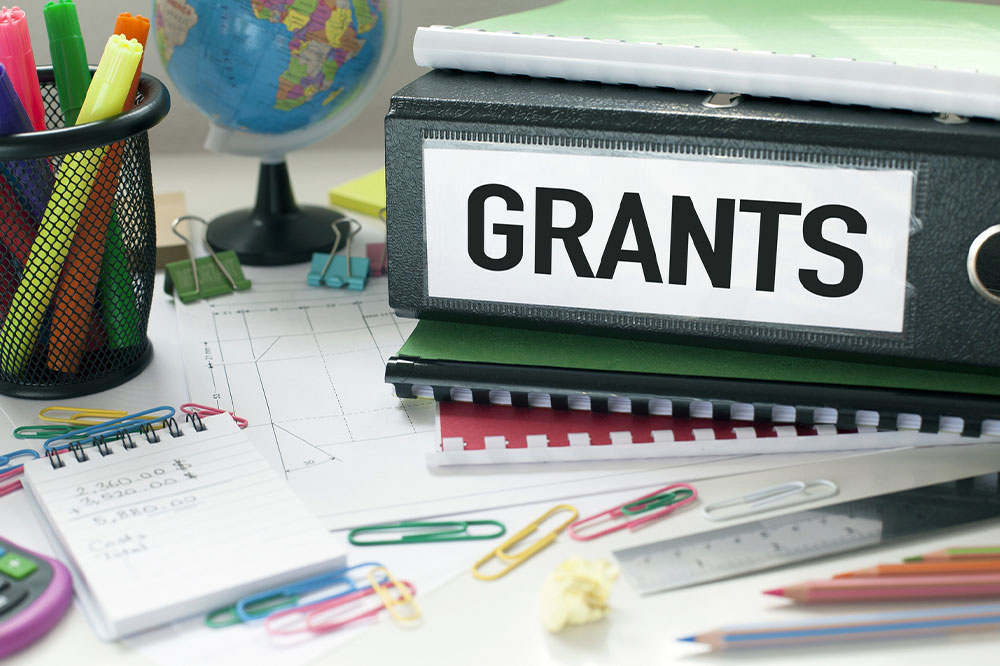A Guide to Government Assistance for Bill Payments
This comprehensive guide explains various government assistance programs available to aid low-income individuals and families in paying bills. Covering food aid, housing, utilities, and educational grants, it also provides tips on how to apply and eligibility criteria. Understanding these options can help alleviate financial stress and provide essential support during tough times, ensuring access to basic needs and safeguarding financial stability.
Sponsored

Exploring Government Support Programs for Managing Expenses
Facing financial difficulties, many individuals seek assistance with unpaid bills and essential costs. Fortunately, government programs offer grants that can help alleviate these financial burdens. These grants are designed to support low-income households in covering various expenses. This article outlines key government initiatives, how they function, and the steps to access these resources effectively.
Do government grants cover bill payments?
Yes. The government provides specific grants targeting low-income individuals to help settle bills. Federal funds often channel through states and community organizations to ensure aid reaches those who need it most.
Eligibility is typically strict, with application processes in place to ensure fair distribution and effective use of funds.
Government programs offering financial assistance for bills include:
Food Security Initiatives: Programs such as SNAP (food stamps), D-SNAP, and WIC provide nutritional support for families, pregnant women, infants, and the elderly. Schools also offer subsidized meals, and special food aid is available for seniors.
Housing Support: Assistance with emergency housing, rent, or avoiding foreclosure is available through various programs. Options include eviction protections, foreclosure counseling under the Making Home Affordable initiative, and rental vouchers like Section 8. Veterans can access specialized housing support services.
Down Payment and Housing Vouchers: States offer help for initial home purchases, including down payment assistance. Disabled individuals under 62 can apply for NED vouchers to support affordable housing.
Utility and Home Improvement Aid: LIHEAP helps pay heating and cooling bills, weatherization projects, and emergency energy costs. The Weatherization Assistance Program (WAP) funds energy-efficient home upgrades for eligible households.
Educational Grants: Students facing financial challenges can qualify for the Federal Pell Grant, which supports college expenses.
Additional Support Services: Low-income families benefit from programs like Lifeline for discounted communication services and TANF, which offers broad financial aid including child care, work support, and tax credits.
Applying for government-funded bill assistance: These programs have specific eligibility criteria and require documentation to verify need. Applicants must follow official procedures through designated agencies or portals, such as GovLoans.gov for loans, with repayment terms varying based on creditworthiness and loan type. Government-backed loans, including VA, USDA, and FHA, provide funding for education, housing, and disaster recovery, often at competitive interest rates.






